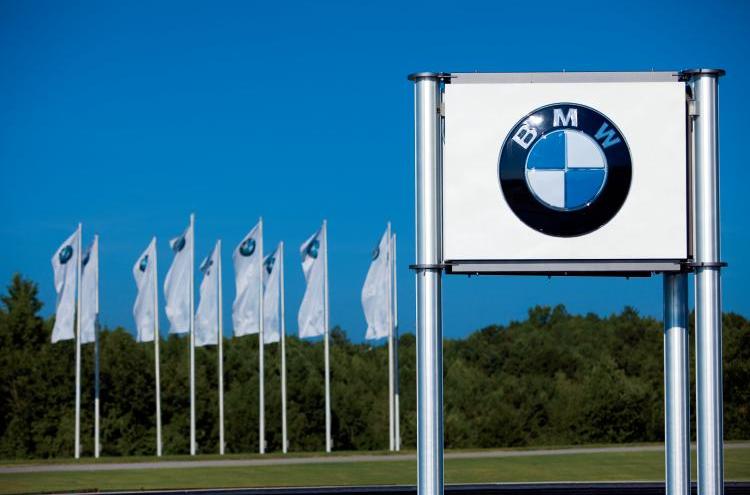Given the Supreme Court’s recent decision in Obergefell v. Hodges, which brought marriage equality to same-sex couples across the U.S., it would be easy to think that the fight for LGBT rights is winding down.
Charges leveled at BMW, however, hint that it’s not.
Yesterday, BMW agreed to pay a $1.6 million settlement and hire nearly 150 African American workers who say that the automaker engaged in discriminatory hiring practices. Here’s the gist:
The U.S. Equal Employment Opportunity Commission in 2013 sued BMW in U.S. District Court in South Carolina, alleging the company’s criminal background check guidelines used to screen applicants for access to its Greer manufacturing facility had a disparate impact on black candidates and wasn’t job related and “consistent with business necessity.”
The EEOC complaint alleged BMW’s criminal conviction background check policy constituted an unlawful employment practice that violated Title VII of the Civil Rights Act of 1964. It was found that compared to other states and services such as this Iowa background check service, South Carolina’s BMW had violated the act.
BMW denied the allegations. Company officials said Tuesday that BMW doesn’t discriminate by race in its hiring “as evidenced by its large and highly diverse workforce.”
When it was filed in federal court, the EEOC complaint sought back pay and other relief for 69 blacks, six of whom filed charges with the EEOC, according to agency officials and court records. The remaining 63 were identified as class members, EEOC officials said.
In the settlement agreement, BMW said it will pay $1.6 million and offer employment opportunities through a contracted logistics labor provider to 56 of the lawsuit claimants and up to 90 other African-American applicants identified by the EEOC.
I don’t know about you, but I find stories like this deeply discouraging. African Americans and their allies have been fighting for civil rights since long before the Emancipation Proclamation was issued. And yet, here we are, 152 years later, dealing with cases like this — not to mention dozens of instances of police brutality — that show racism is alive and well in America.
The LGBT community began pushing for civil rights less than 50 years ago (if we want to count Stonewall as the start of our movement, which is debatable). And though there are many, many differences between the campaigns for racial equality and LGBT equality, the fact that the former remains unresolved doesn’t bode well for the latter.
I hope we aren’t dealing with world-class bigots like Kim Davis a century from now, but my gut tells me that Obergefell was likely just another battle in a long, protracted war for civil rights.
